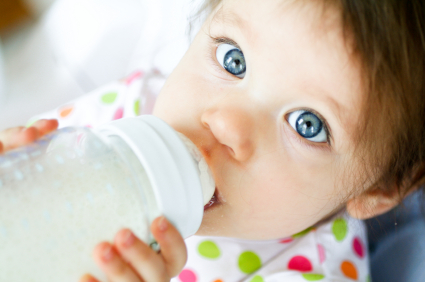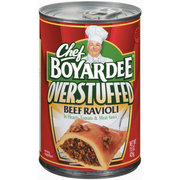by Renée Canada
 On June 9, Connecticut become the first state in the nation to ban the chemical bisphenol A, otherwise known as BPA, in “thermal receipt paper” that customers receive at retailers, banks and gas stations.
On June 9, Connecticut become the first state in the nation to ban the chemical bisphenol A, otherwise known as BPA, in “thermal receipt paper” that customers receive at retailers, banks and gas stations.
The chemical is used as a coating on receipt paper so that it prints in color when heated. BPA is not bound to the paper, as it is to, say, baby bottles, making it easily transferable to skin and anything else it brushes against.
“We’ve discovered that 60 percent of our thermal receipts contain BPA,” said Rep. Lonnie Reed, D-Branford, leading a four-long debate in the state House, according to The New Haven Register.
Members approached of the Coalition for a Safe & Healthy Connecticut Sen. Edward Meyer, D-Branford, who later introduced the bill, about their concerns of BPA in thermal receipt paper.
The Official Food Control Authority of the Canton of Zürich in Switzerland performed a study that found BPA from receipts can be absorbed into the skin, raising the risk that the chemical “infiltrates the skin’s lower layers to enter the bloodstream directly.”
If BPA gets into our bodies, what might be the consequences? The chemical has been proven to mimic the hormone estrogen potentially leading to negative health effects. According to the National Institutes of Health, animal studies indicate BPA is associated with diabetes, obesity, early onset puberty, hyperactivity and developmental problems in children, reproductive disorders and development of prostate, breast and uterine cancers.
 BPA is of course not just found in our receipts. BPA is also used in the production of polycarbonate plastics and is found in water and infant bottles, food storage containers, CDs, as well as in epoxy resins used to coat metal products in water supply pipes, bottle tops and food cans.
BPA is of course not just found in our receipts. BPA is also used in the production of polycarbonate plastics and is found in water and infant bottles, food storage containers, CDs, as well as in epoxy resins used to coat metal products in water supply pipes, bottle tops and food cans.
Last year, Canada became the first country to declare BPA as a toxic substance, and both Canada and European Union banned its use in baby bottles.
In this nation, a ban on BPA in baby food jars and reusable food and drink containers, passed by the legislature last year, takes effect in Connecticut on Oct. 1.
According to Forbes.com, a former employee of Polaroid and organic chemist John C. Warner, revealed that many receipts contain not a little, but a lot of BPA.
In an article in ScienceNews, Warner said that, in an urban environment “the biggest exposures [to BPA], in my opinion, will be these cash register receipts.”
The Forbes.com article went on to detail the BPA content on receipts from different stores, including a McDonald’s from Clinton, Conn., which had approximately 13 milligrams of BPA.
This is the same amount of BPA found in 126 cans of Chef Boyardee Overstuffed Beef Ravioli in Hearty Tomato & Meat Sauce, “one of the products with the highest concentrations of BPA in EWG’s 2007 tests of canned foods,” according the article. Receipts from CVS and Wal-Mart also had significant amounts of BPA.
How many of you will remember to wash your fingers before next reading a newspaper, magazine or book and licking your fingers to turn the page? Will you scrub those hands before putting food into your mouth? Otherwise, you also risk putting traces BPA directly into your body.

[…] Lastly, coconut milk is an excellent alternative to dairy, for those with allergies or intolerances to lactose, casein or whey. Look for unsweetened, full-fat, organic coconut milk to enjoy its full health benefits. If you must purchase it from a can, make sure it’s BPA-free to avoid the negative health effects of exposure to this toxic chemical. […]